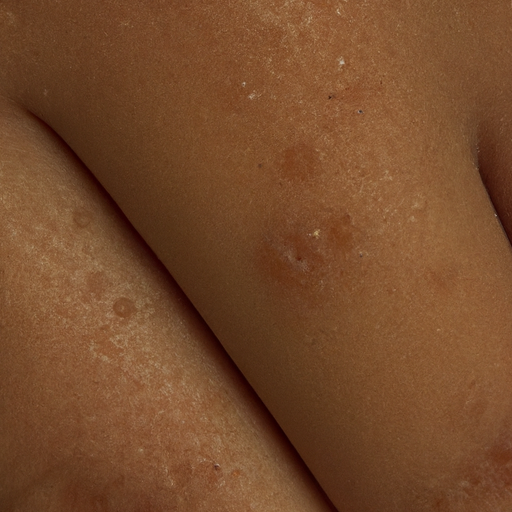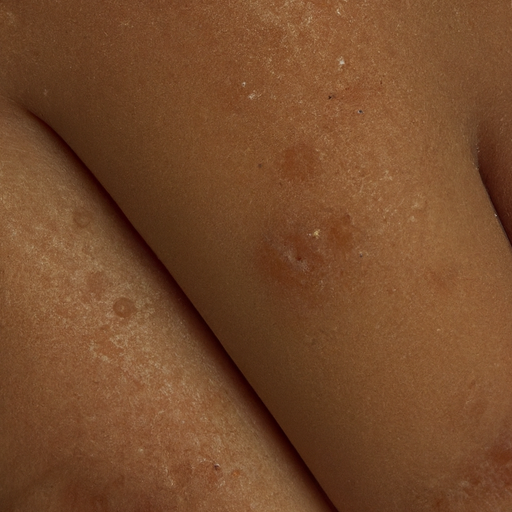As a skincare expert, I can confidently say that oily skin is a common concern for many people. It can lead to a host of issues, from acne breakouts to an unwanted shiny complexion. However, with the right care and treatment, you can transform your oily skin into a radiant, healthy glow. Here’s your ultimate guide to healing oily skin.
Firstly, it’s important to understand what causes oily skin. The sebaceous glands in our skin produce natural oils, also known as sebum, to keep our skin hydrated and healthy. However, when these glands overproduce sebum, it can lead to oily skin. Factors such as genetics, hormonal changes, stress, and environmental conditions can contribute to this overproduction.
Now that we’ve identified the root cause, let’s delve into the solutions.
1. Choose the Right Cleanser: A gentle, water-soluble cleanser is a must for oily skin. Look for products with ingredients like salicylic acid or benzoyl peroxide, which can help regulate oil production without stripping your skin of its natural moisture.
2. Exfoliate Regularly: Exfoliating helps remove dead skin cells that can clog pores and lead to excess oil and acne. However, be careful not to over-exfoliate as this can irritate your skin and trigger more oil production.
3. Hydrate: It might seem counterintuitive to moisturize oily skin, but it’s a crucial step in your skincare routine. When your skin is dehydrated, it compensates by producing more oil. Opt for oil-free or non-comedogenic moisturizers that won’t clog your pores.
4. Use Sunscreen: Sun exposure can trigger more oil production and lead to other skin issues like premature aging and hyperpigmentation. Choose a lightweight, oil-free sunscreen with at least SPF 30.
5. Watch Your Diet: Certain foods can stimulate oil production. Try to limit your intake of refined carbohydrates, sugars, and dairy products. Instead, focus on a balanced diet rich in fruits, vegetables, lean proteins, and healthy fats.
6. Consider Professional Treatments: If your oily skin persists despite your best efforts, consider seeking professional help. Treatments like chemical peels, laser therapy, or prescription medications can help regulate oil production and improve your skin’s overall health.
Remember, everyone’s skin is unique, and what works for one person might not work for another. It’s important to listen to your skin and adjust your routine as needed.
In conclusion, oily skin can be a challenge to manage, but with the right care and treatment, you can achieve a healthy, radiant complexion. The key is to balance oil production without stripping your skin of its natural moisture. By choosing the right products, maintaining a healthy diet, and considering professional treatments if necessary, you can unmask the radiance beneath your oily skin.




